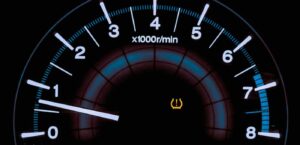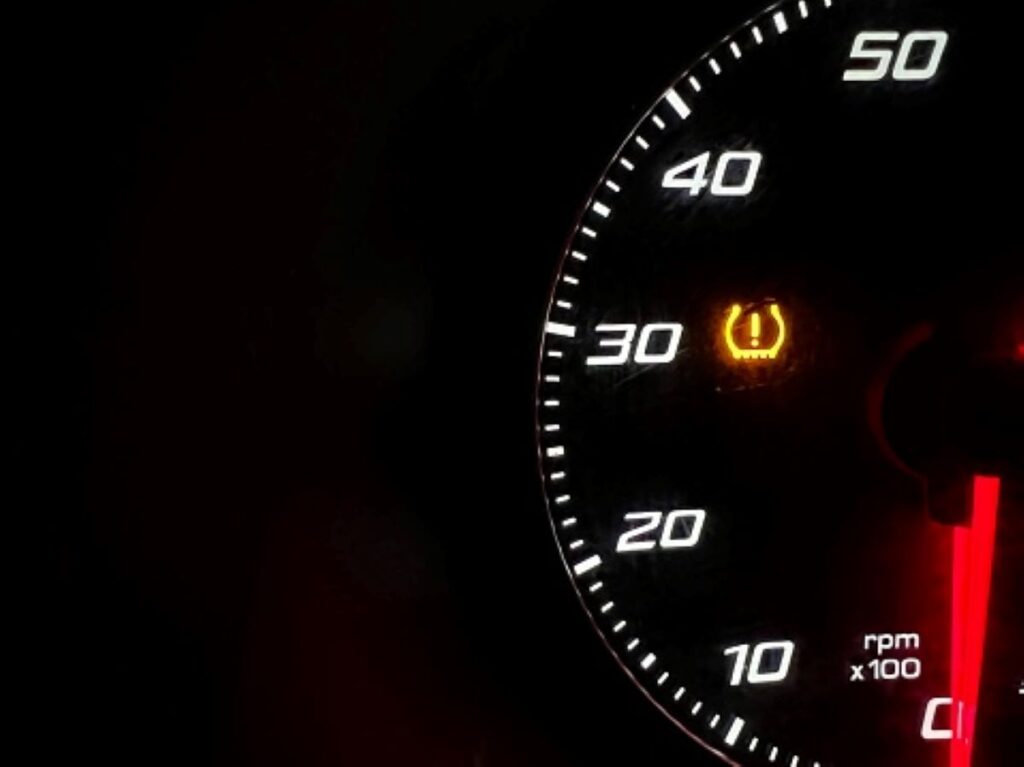Blog
How TPMS Can Enhance Your Driving Experience
How TPMS Can Enhance Your Driving Experience
The Tire Pressure Monitoring System (TPMS) is more than just a safety feature—it’s a game-changer for modern driving. By providing real-time updates on tire pressure, TPMS enhances your overall driving experience in terms of safety, comfort, and performance. In this article, we’ll explore how TPMS improves your time behind the wheel and why it’s an essential part of today’s vehicles.
What Is TPMS and Why Is It Important?
TPMS is a system that continuously monitors the air pressure in your tires and alerts you if they are underinflated or overinflated. It helps drivers maintain the correct tire pressure, which is critical for:
- Safety: Prevents tire blowouts and improves vehicle handling.
- Efficiency: Saves fuel and reduces tire wear.
- Convenience: Eliminates the guesswork of manual pressure checks.

Ways TPMS Enhances Your Driving Experience
1. Increased Safety on the Road
Underinflated or overinflated tires are a leading cause of accidents, especially at high speeds. TPMS ensures your tires are always at the optimal pressure, improving:
- Traction and Stability: Properly inflated tires provide better grip on the road, especially in wet or slippery conditions.
- Braking Performance: With the right pressure, your vehicle stops more efficiently, reducing the risk of collisions.
2. Improved Fuel Efficiency
Driving on underinflated tires increases rolling resistance, forcing your engine to work harder. TPMS alerts you when tire pressure drops, allowing you to address the issue and save on fuel costs.
3. Enhanced Tire Longevity
Uneven or incorrect tire pressure causes premature wear and tear, leading to frequent replacements. TPMS helps you maintain consistent pressure, extending the life of your tires and reducing maintenance expenses.
4. Better Comfort and Handling
Properly inflated tires provide a smoother ride by absorbing road imperfections more effectively. They also ensure optimal vehicle handling, making every turn and maneuver feel more controlled and precise.
5. Real-Time Problem Detection
With TPMS, you don’t have to wait for a flat tire to realize there’s an issue. The system gives early warnings, allowing you to fix minor problems before they become major inconveniences.
Special Benefits for Long Drives
For road trips or highway driving, TPMS proves even more valuable:
- Minimizes Downtime: Alerts you to potential tire issues before they disrupt your journey.
- Handles Temperature Changes: Automatically adjusts for pressure fluctuations caused by temperature variations during long trips.
- Supports Heavy Loads: Helps ensure tires can handle additional weight from luggage or passengers safely.
Types of TPMS and Their Impact on Your Drive
Direct TPMS
- Measures pressure directly from sensors inside the tires.
- Provides highly accurate readings.
Indirect TPMS
- Monitors pressure by assessing wheel speed and comparing data to detect changes.
- More cost-effective but slightly less precise.
Both types contribute to a more informed and safer driving experience.

How to Make the Most of Your TPMS
- Understand Warning Signals: Learn what the TPMS warning light means and how to respond promptly.
- Regular Maintenance: Keep sensors clean and replace batteries if your system uses external sensors.
- Pair with Routine Checks: Use TPMS alerts as a reminder to manually check tire pressure for added peace of mind.
- Invest in Quality Tires: The right tires, combined with TPMS, maximize performance and comfort.
TPMS: A Must-Have for Every Driver
TPMS is no longer a luxury feature; it’s a necessity for modern driving. Whether you’re a daily commuter, a weekend adventurer, or a road trip enthusiast, this system adds value by improving safety, efficiency, and convenience.
By keeping your tires in optimal condition, TPMS ensures you enjoy every mile of your journey, worry-free.
For more tips on car safety and maintenance, visit RegalXmuse.com!


